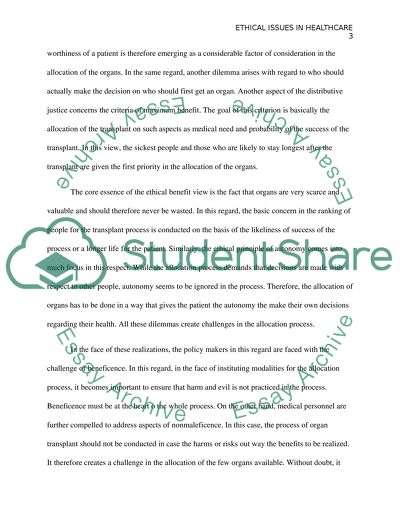Cite this document
(“Ehtical Issues in Healthcare: Organ Allocation Essay”, n.d.)
Ehtical Issues in Healthcare: Organ Allocation Essay. Retrieved from https://studentshare.org/health-sciences-medicine/1450239-ehtical-issues-in-healthcare
Ehtical Issues in Healthcare: Organ Allocation Essay. Retrieved from https://studentshare.org/health-sciences-medicine/1450239-ehtical-issues-in-healthcare
(Ehtical Issues in Healthcare: Organ Allocation Essay)
Ehtical Issues in Healthcare: Organ Allocation Essay. https://studentshare.org/health-sciences-medicine/1450239-ehtical-issues-in-healthcare.
Ehtical Issues in Healthcare: Organ Allocation Essay. https://studentshare.org/health-sciences-medicine/1450239-ehtical-issues-in-healthcare.
“Ehtical Issues in Healthcare: Organ Allocation Essay”, n.d. https://studentshare.org/health-sciences-medicine/1450239-ehtical-issues-in-healthcare.


